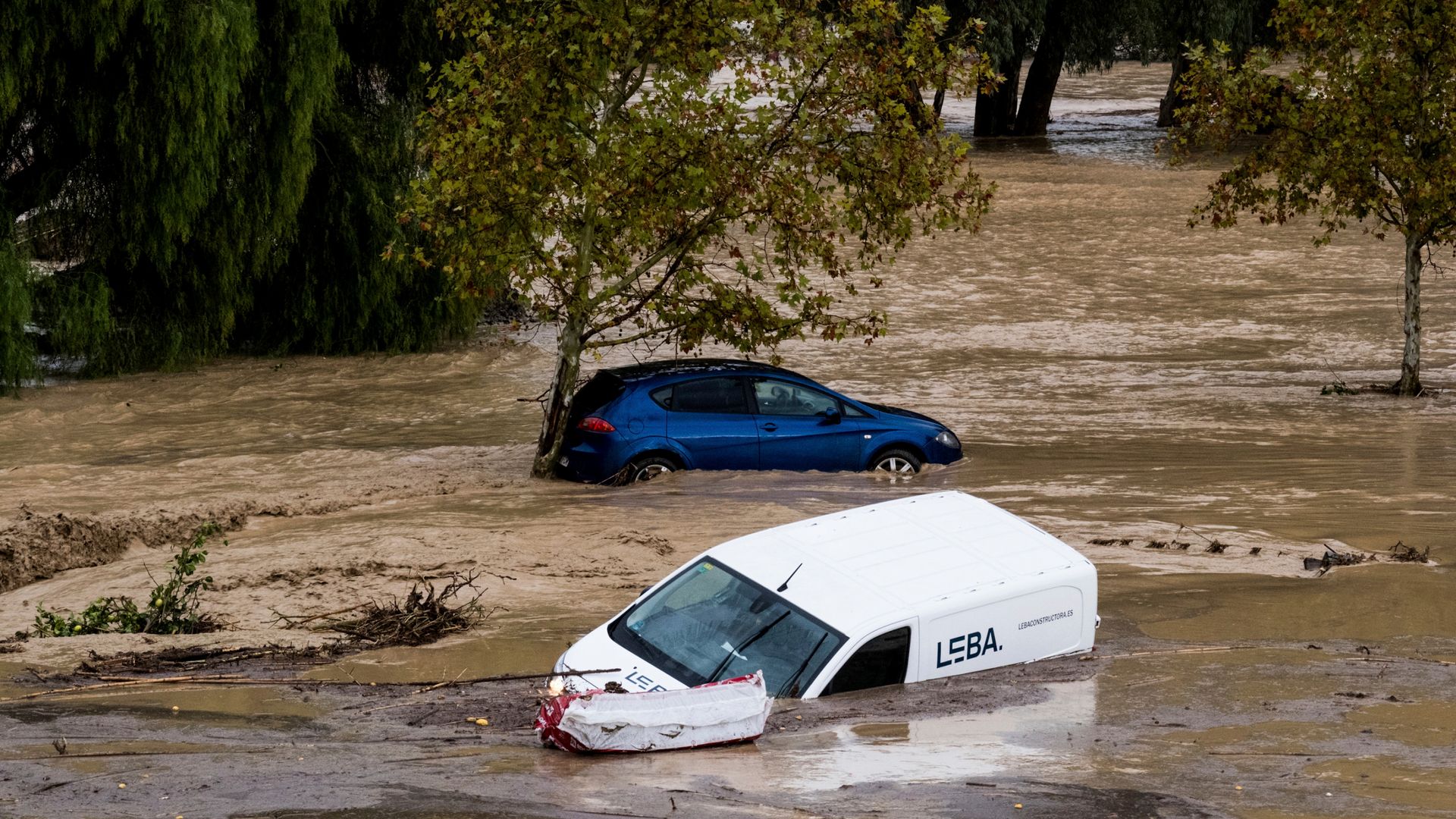President Putin has accused the West of engaging in “nuclear blackmail” against Russia – and said he has “lots of weapons to reply”.
In a rare address to the nation, he said he wasn’t bluffing and would use “all the means at our disposal” if Russia’s territorial integrity was threatened.
Mr Putin also ordered an immediate “partial mobilisation” – calling up the country’s military reserves – a move that Russia’s foreign minister said amounted to around 300,000 troops.
“Now they (the West) are talking about nuclear blackmail,” said the Russian leader.
“The Zaporizhzhia nuclear power plant was shelled and also some high positions – representatives of NATO states – who are saying there might be possibility and permissibility to use nuclear weapons against Russia,” he added.
He said such people should “be reminded that our country also has various weapons of destruction, and with regard to certain components they’re even more modern than NATO ones”.
“If there is a threat to the territorial integrity of our country and for protecting our people we will certainly use all the means available to us – and I’m not bluffing,” said President Putin.
Why Ukraine’s southern offensive is proving more difficult than the blitzkrieg attack in the north | Stuart Ramsay
Speculation that Putin will give national address defending efforts to annex Ukrainian regions
‘Politicians worried about Russia’s reaction’ if Ukraine loses war, Zelenskyy’s adviser says
He also approved referendums in four Ukrainian regions currently under Russian occupation.
Donetsk, Luhansk, Kherson and Zaporizhzhia announced plans for the referendums on Tuesday.
Live: Putin orders ‘partial mobilisation’ in Ukraine and calls up military reservists
The are scheduled to take place from 23 to 27 September. Together, the regions make up about 15% of Ukrainian territory.
Ukraine’s foreign minister, Dmytro Kuleba, has dismissed the plans, saying: “The Russians can do whatever they want. It will not change anything.”
The UK Ministry of Defence said the referendums were likely “driven by fears of imminent Ukrainian attack and an expectation of greater security after formally becoming part of Russia”.
A Ukrainian counterattack in recent weeks has recaptured large swathes of territory.
Foreign Office minister Gillian Keegan told Sky News that Mr Putin’s threat was something to “take very seriously
because, you know, we’re not in control – I’m not sure he’s in control either, really.
“This is obviously an escalation,” she said.
In his speech on Wednesday morning, Mr Putin again repeatedly referred to Ukrainian forces as “neo-Nazis” and accused them of carrying out “acts of terror” against citizens in Russian-controlled areas.









